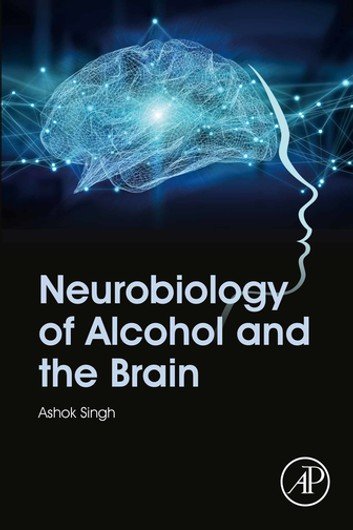

Most ebook files are in PDF format, so you can easily read them using various software such as Foxit Reader or directly on the Google Chrome browser.
Some ebook files are released by publishers in other formats such as .awz, .mobi, .epub, .fb2, etc. You may need to install specific software to read these formats on mobile/PC, such as Calibre.
Please read the tutorial at this link: https://ebookbell.com/faq
We offer FREE conversion to the popular formats you request; however, this may take some time. Therefore, right after payment, please email us, and we will try to provide the service as quickly as possible.
For some exceptional file formats or broken links (if any), please refrain from opening any disputes. Instead, email us first, and we will try to assist within a maximum of 6 hours.
EbookBell Team

4.3
8 reviewsAccording to the 2018 National Survey on Drug Use and Health, 14.4 million adults aged 18 and older had alcohol use disorder (AUD). Mixing alcohol with other drugs such as opioids or cocaine has become an emerging trend, exacerbating public health concerns and may synergistically augment the seriousness of the adverse effects such as withdrawal symptoms, cardiovascular disorders, liver damage, reproductive abnormalities, and behavioral abnormalities.
Despite the seriousness of the situation, possible mechanisms underlying the addiction and the withdrawal symptoms is not yet understood. This has been one of the key hindrances in developing effective treatment. Neurobiology of Alcohol and the Brain addresses the addiction-related problems reviewing both the mechanisms and withdrawal system with alcohol addiction. First, the book discusses the mechanisms of the rewarding and aversive effects, including addiction and the withdrawal symptoms of alcohol drinking. Next, alcohol's interaction with other drugs and ensuing adverse consequences is discussed including current and novel treatments against alcoholism. This is followed by a closer look at mental health and alcohol use disorder comorbidity. Lastly, the reader is provided with examples of an experimental study that describes possible protective effects of gold nanoparticles against alcohol addiction in rats subjected to alcohol self-administration. Neurobiology of Alcohol and the Brain will unlock the mechanistic diversities of alcoholism helping to facilitate future developments of new, personalized treatment options for patients suffering from alcohol addiction.